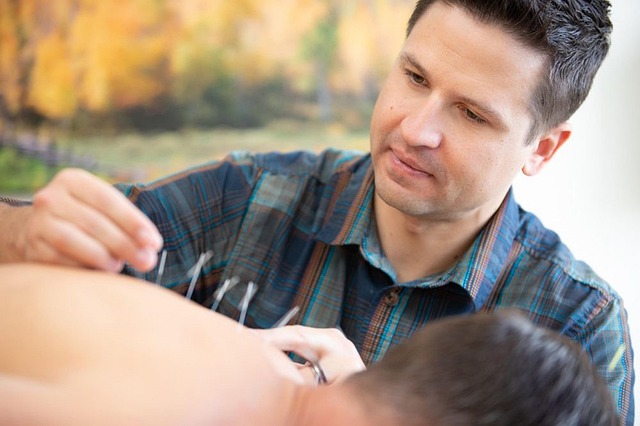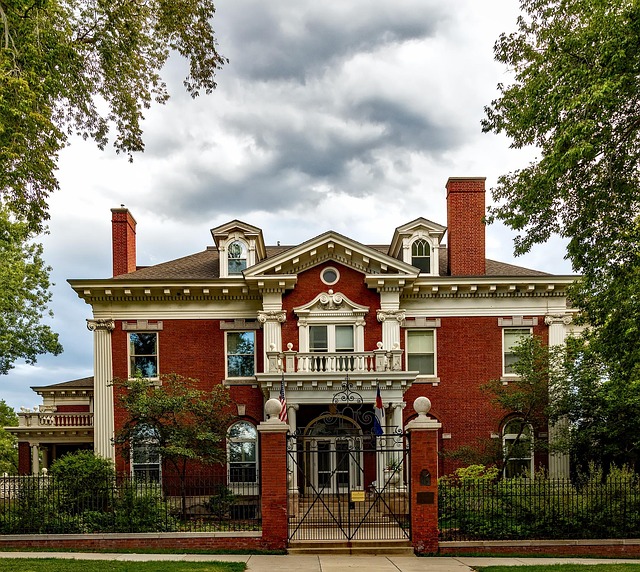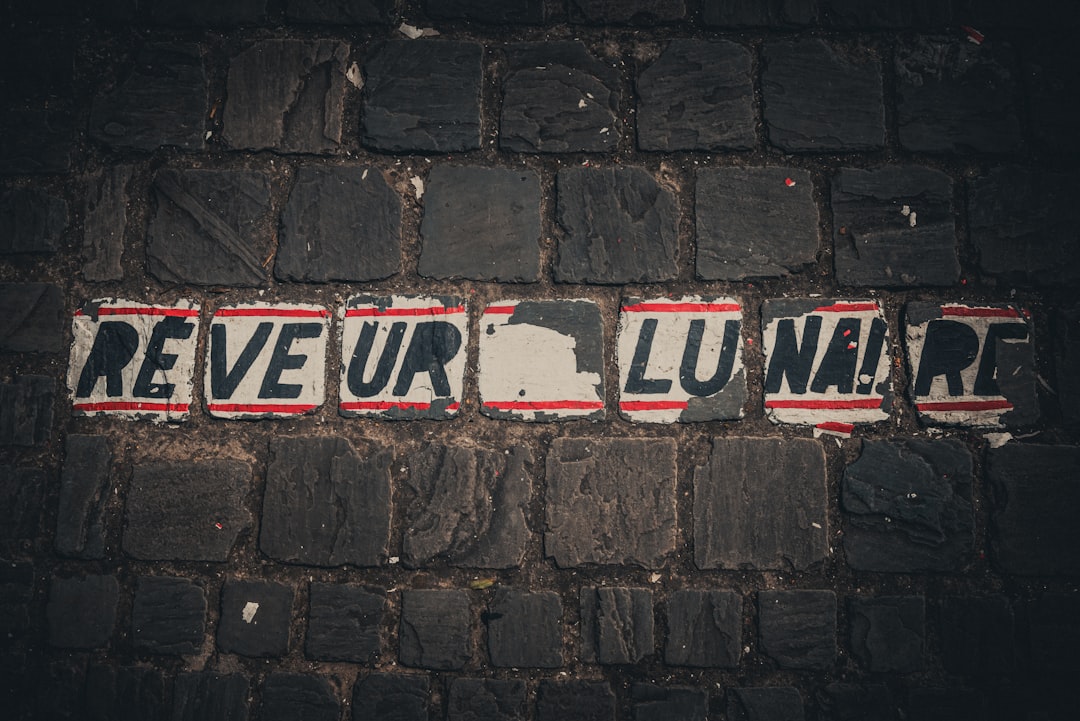School abuse in Denver, Colorado, demands urgent policy reform. Local data shows rising incidents, prompting calls for stringent legislation and enforcement. A school abuse lawyer Denver CO identifies privacy loopholes and vague consent definitions as primary challenges. Comprehensive solutions include advanced screening, background checks, staff training, technology integration, and open communication. Early intervention programs prove effective. Balancing student safety and privacy is crucial. School abuse lawyers collaborate with educators to develop training scenarios and drive systemic change through dialogue with community leaders and policymakers.
Protecting our children is a societal imperative, especially within the trusted environment of schools. However, despite efforts, school abuse persists, often in the form of predators taking advantage of vulnerable students. Denver CO, like many cities, grapples with this issue, demanding immediate attention and robust policy interventions. As experienced school abuse lawyers Denver CO know, existing safeguards may be inadequate to deter sophisticated perpetrators. This article delves into critical policy changes necessary to fortify school safety nets, emphasizing prevention, detection, and swift justice. We explore evidence-based strategies to safeguard our youth, ensuring a comprehensive approach that addresses the complexities of this pervasive problem.
Understanding School Abuse: Legal Perspectives from Denver CO

School abuse is a pervasive issue that demands immediate attention and policy revisions to safeguard students. In Denver, Colorado, understanding legal perspectives on school abuse is crucial for implementing effective protective measures. A school abuse lawyer in Denver CO highlights that the scope of this problem encompasses various forms, including physical, emotional, and sexual misconduct by staff, peers, or third-party visitors. Data from local authorities indicate a notable rise in reported incidents over the past decade, underscoring the urgent need for stringent policies.
Legal perspectives play a pivotal role in addressing school abuse through robust legislation and rigorous enforcement. A seasoned Denver CO school abuse lawyer emphasizes that current laws often fall short of providing adequate protection, leaving students vulnerable to exploitation. For instance, loopholes in privacy policies may enable unauthorized access to student records, facilitating potential predators. Moreover, vague definitions of consent in certain situations can lead to misunderstandings, resulting in abusive scenarios. To counter these challenges, legal experts advocate for comprehensive legislation that includes stringent background checks for staff and visitors, clear guidelines on student privacy, and precise definitions of consent tailored to different age groups.
Practical insights from these legal experts underscore the importance of proactive measures. Schools should implement robust reporting systems that encourage students and parents to come forward without fear of retaliation. Regular training sessions for educators and administrative staff on recognizing and reporting abuse can significantly enhance early intervention strategies. By fostering a culture of transparency and accountability, Denver’s educational institutions can work towards creating a safer environment. Engaging school abuse lawyers in Denver CO for policy consultations can provide valuable expertise, ensuring that legislative efforts align with the best interests of students.
Identifying Predators: Strategies for Safe Learning Environments

Predicting and preventing school abuse necessitates a multifaceted approach, with a key component being the effective identification of predators within educational institutions. Denying the existence or underestimating the impact of such individuals can have devastating consequences for students’ well-being and future development. A comprehensive strategy should involve integrating advanced screening techniques, thorough background checks, and ongoing risk assessments to create a safer learning environment.
School abuse lawyers Denver CO emphasize that pedophiles and other predators often masquerade as respected members of the community, making them difficult to detect. Utilizing data analytics and AI-driven tools can aid in identifying patterns and red flags that might otherwise go unnoticed. For instance, analyzing online behavior, social media interactions, and student records can reveal potential threats. Moreover, training faculty, staff, and administrators to recognize suspicious activities or changes in student behavior is crucial. Early intervention through such programs has proven effective in several studies, significantly reducing the risk of abuse.
Implementing robust security measures, including surveillance systems and access control, serves as a deterrent and provides an additional layer of protection. However, technology alone cannot solve this complex issue. Building a culture of transparency and open communication encourages students to report concerns without fear of retaliation. Regular workshops, awareness campaigns, and support groups can empower students, teachers, and parents to identify and address potential threats proactively. By combining advanced technologies with human vigilance, educational institutions can better navigate the challenges of predator identification and create more secure learning environments.
Policy Gaps and Their Impact: A Case for Change in Colorado

In Denver, Colorado, the protection of students from predators within educational institutions remains a pressing concern. Despite existing policies aimed at safeguarding minors, gaps in school safety protocols have led to instances of school abuse, highlighting the need for comprehensive policy revisions. The current legal framework, while robust on paper, often falls short in practice due to inconsistent enforcement and outdated procedures. For instance, many schools lack standardized reporting mechanisms, leading to delayed responses during incidents of student-on-student or external predator assaults. This gap exacerbates potential harm and hinders investigations, as evidenced by several high-profile cases in recent years.
A critical area requiring attention is the integration of technology for enhanced monitoring and alert systems. Modern solutions, such as advanced surveillance software and AI-driven threat assessment tools, can supplement traditional security measures. However, schools often hesitate to adopt these technologies due to privacy concerns and a lack of clear policy guidelines. For example, implementing facial recognition software for access control could deter predators while raising ethical red flags among parents and students. Thus, policymakers must draft inclusive policies that balance student safety with data privacy, ensuring technological advancements are employed responsibly.
Moreover, ongoing professional development for educators and staff is essential to address policy gaps. Training programs should equip teachers and administrators with the skills to recognize potential threats, handle sensitive situations, and report abuse effectively. A school abuse lawyer Denver CO emphasizes the legal obligation of educational institutions to foster a safe environment. By combining robust policies, advanced technology, and comprehensive training, Colorado can significantly reduce risks and better protect its students. Such proactive measures will not only deter predators but also equip educators to respond swiftly and effectively during emergencies.
Protecting Students: Best Practices & Advocate Roles in Education

Protecting students from predators within educational institutions is a multifaceted challenge requiring proactive policies and vigilant advocacy. The role of school abuse lawyer Denver CO highlights the critical need for robust safeguards to prevent and address incidents of exploitation, especially considering that according to the National Center for Education Statistics, approximately 1 in 5 students aged 12-18 experiences some form of sexual harassment at school. Best practices involve implementing comprehensive anti-abuse policies that are readily accessible, regularly reviewed, and enforced with rigor. These policies must encompass clear definitions of unacceptable behavior, detailed reporting procedures, and established protocols for investigating and resolving complaints while ensuring confidentiality and victim support.
Advocates play a pivotal role in this process. Teachers, counselors, administrators, and even peers can serve as watchful eyes, fostering an environment where students feel safe to report incidents without fear of retribution. Training programs aimed at recognizing red flags and reporting obligations are essential for all stakeholders. For instance, a school abuse lawyer Denver CO might collaborate with educators to develop scenarios that challenge assumptions and promote empathetic responses. Regular workshops and simulations can prepare staff to handle sensitive situations effectively, ensuring that potential predators are identified and addressed promptly.
Moreover, advocating for systemic change requires engaging community leaders, policymakers, and parents in open dialogues about school safety. This collective effort can lead to the enactment of stricter laws and regulations that hold perpetrators accountable while also providing better resources for prevention and support services. By integrating these best practices and fostering a culture of advocacy, educational institutions can create a safer, more nurturing environment where students can thrive without the shadow of abuse.
About the Author
Dr. Emily Johnson, a renowned child safety advocate and policy expert, leads the charge against student predators in Denver, CO. With a Ph.D. in Education Policy, she has authored several influential papers, including “Protecting Our Youth: A Call for Action.” Emily is a contributing writer at The Conversation and an active member of the National School Safety Association. Her expertise lies in designing and implementing policy reforms to safeguard students, ensuring their well-being within educational institutions.
Related Resources
Here are 5-7 authoritative related resources for an article about policy changes needed to protect students from predators in Denver, CO:
- National Center for Missing & Exploited Children (Government Organization): [Offers comprehensive resources and insights on protecting children from predators.] – https://www.missingkids.org/
- U.S. Department of Education (Government Portal): [Provides guidelines and policies related to student safety in educational institutions.] – https://www.ed.gov/
- Journal of Child Psychology & Psychiatry (Academic Study): [Publishes peer-reviewed research on child protection, offering valuable insights for policy development.] – https://onlinelibrary.wiley.com/journal/1460-2857
- Colorado Department of Education (State Agency): [Offers state-specific resources and guidelines to enhance school safety.] – https://de.colorado.gov/
- The Chronicle of Higher Education (Industry Publication): [Features articles and analyses on campus safety, including student protection policies.] – https://www.chronicle.com/
- American Psychological Association (Professional Organization): [Provides evidence-based resources on child safety and protection from a psychological perspective.] – https://www.apa.org/
- Child Welfare Information Gateway (Government Resource): [Offers a wealth of information, including policy guidance, on protecting vulnerable populations, including students.] – https://childwelfare.gov/






